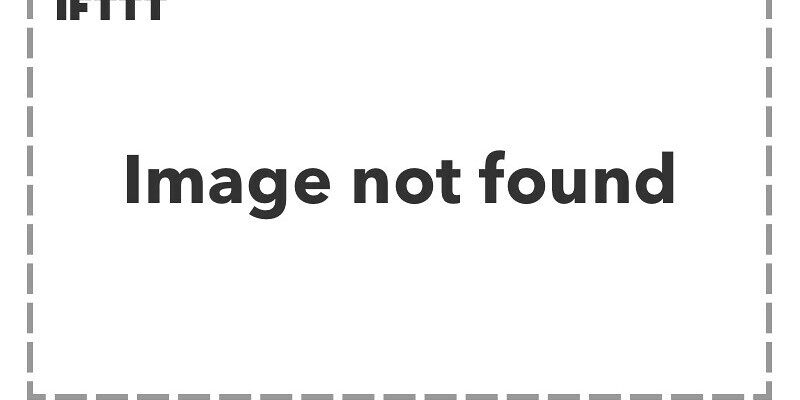When you start creating your monthly payments, you may find your lender wants you to incorporate a month’s share of property taxes with them. Many lenders set up bank accounts to get your property tax and homeowners insurance policy payments, then pay the invoices out of the account when they come .
Reasons for Escrow
The purpose of putting your taxes in escrow is to protect the lender from losing money on your mortgage, the Bankrate website states. If your lender forecloses as you defaulted on your loan, your mortgage takes priority over every other liens, or claims for debt, registered on your premises, except a real estate tax lien. Local government might need to receive its share before your lender sees any cash. Also, in case you have responsibility for paying your taxes and you fail to pay them, your lender is in danger of losing its investment in case your town or city decides to foreclose on your property to collect the back taxes.
Features
If your taxes enter escrow, you’re pay one-twelfth of the yearly tax bill every month. You can also be requested to provide a cushion of up to a sixth of the total yearly sum –two months’ obligations –as protection from the missing a payment, Bankrate states. State law determines whether the account earns interest, and whether you get some of the attention. In California, the escrow account creates no attention if you don’t meet various legal requirements.
Pros and Cons
In case you have trouble budgeting for a large yearly tax payment, paying your lender each month may be a simple way around that, Bankrate states. On the other hand, in case you’ve got a huge tax bill, you may be better off keeping the cash in an interest-bearing account until it comes . Whether there are discounts available for early payments, your lender may not bother to make the most of those.
Waiving Escrow
There is no law that prevents your lender from insisting on escrow, but you may be able to convince her to waive the condition. Based on Bankrate, a deposit of 15 to 20 percent is large enough that your lender may be willing to let you pay your taxes. It’s possible, however, that they’ll give you a fee to avoid escrow.
Warning
When you buy a home, a lender will base the property tax escrow on the last owner’s taxes. In accordance with”The Street,” when the tax invoice turns out to be greater, you could observe a sharp increase in your escrow payments: If the lender receives the tax bill in July, for example, and you owe $12,000 more for your year than expected, your monthly escrow will go up $1,000. You’ll also need to pay an extra $6,000 for January through June, to make up for the months when you’re paying in at the lower rate.
Protecting Yourself
It’s not unknown for lenders to forget to pay your taxes to underpay them”Realty Times” states. If your taxes are escrowed, your lender should send you an account statement each year. Proceed and make certain payments are being made the way they’re supposed to be Contact your tax collector to double-check your payments are being obtained, if you are concerned.

